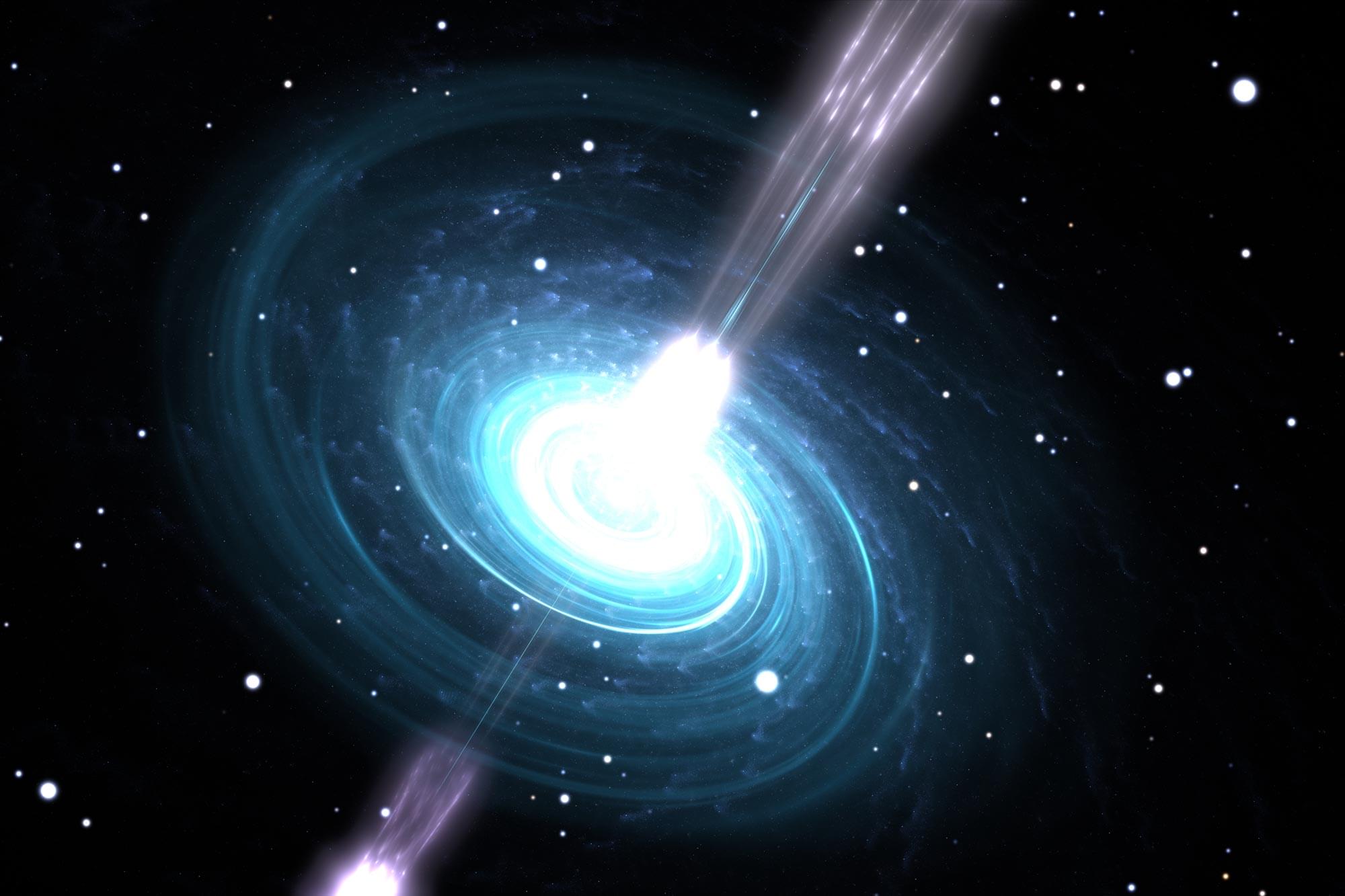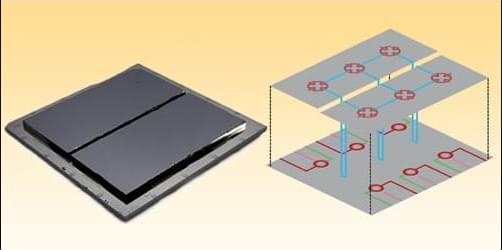Financial markets are often seen as chaotic and unpredictable. Every day, traders around the world buy shares and sell assets in a whirlwind of activity. It looks like a system of total randomness—but is it really?
Scientists have long suspected that there is a hidden order under this noise, but it has been difficult to prove. Now, Yuki Sato and Kiyoshi Kanazawa of Kyoto University have provided some of the strongest evidence yet. By studying eight years of data from the Tokyo Stock Exchange (TSE), they have confirmed a long-standing hypothesis known as the square-root law (SRL) of price impact.






